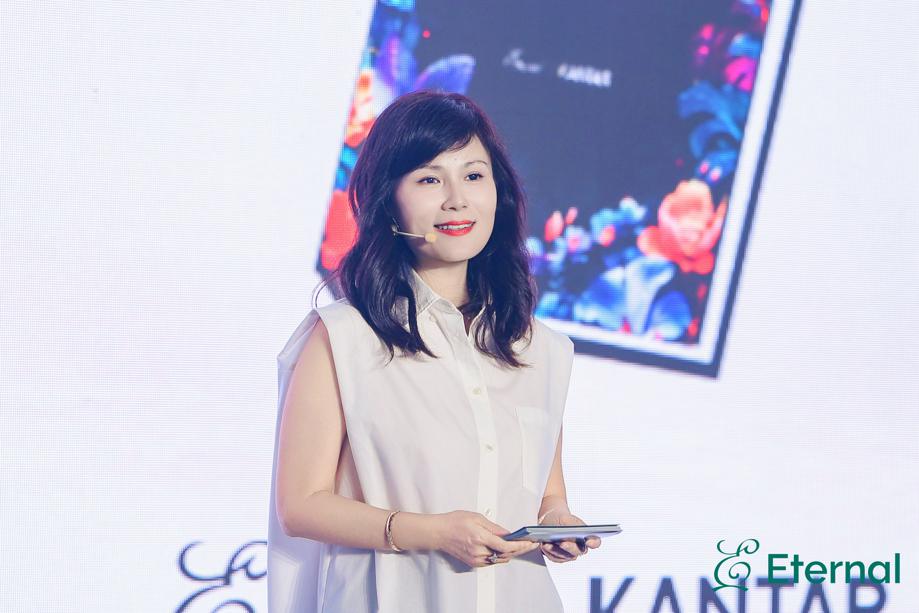Chinese perfume market shifts to scent, mood alignment


Chinese perfume customers have shifted their preference from prioritizing brand and price to scent and mood alignment, noted Chole Lam, CEO of Eternal Group, in an exclusive interview with China Daily.
This shift is highlighted in the 2025 China Perfume & Fragrance White Paper, co-released by Deloitte and Eternal Group at the 41st TFWA World Exhibition & Conference in Cannes, France, on Tuesday, offering a systematic analysis of China's fragrance market growth on an international platform.
The report reveals that about 81.1 percent of Chinese perfume consumers now view perfumes as daily essentials, with over 40 percent choosing fragrances based on mood or occasion to alleviate stress. This marks a significant transition from viewing fragrance as a "niche luxury" to a "mass daily staple".
Despite global market fluctuations, China's fragrance market remains a "growth engine", surpassing other beauty sectors. From 2018 to 2024, it achieved a 14 percent annual compound growth rate, reaching nearly 25 billion yuan ($3.5 billion) in 2024. It is projected to exceed 33.9 billion yuan by 2028.
"All changes stem from consumers," explained Lam. "Pre-pandemic, consumers followed marketing trends and bought brands blindly; post-pandemic, they have shifted focus from 'basic functions' to 'self-pleasure and emotional value'—price and brand become secondary if a perfume fits their mood."
Additionally, male consumers have emerged as a key segment, with their market share rising from 37.1 percent in 2023 to 40.1 percent in 2024. "Men using perfume is no longer a 'niche'—they seek freshness post-workout or a clean commute impression," Lam noted, adding that they prefer long-lasting fresh scents and products like car diffusers. Furthermore, 86.1 percent of consumers extend their fragrance preferences to home spaces, driving demand for cross-category items such as scented laptops.
This shift has enhanced offline experiences, with the report identifying "in-store olfactory experience" as the top purchase factor.
"China's perfume market won't just 'sell scents'—it must 'align with Chinese lifestyles," Lam stressed. "International brands can no longer rely solely on 'centuries of history' as a selling point; consumers care if that history resonates, not its length."
Looking ahead, Lam predicted: "Category extension will see major breakthroughs, driven by consumer demand and industrial chain advancement—Chinese consumers' need for scents and value for resonance will spawn more derivatives. Moreover, hyper-localization of international brands is inevitable; no brand will give up China's huge market."
heqi@chinadaily.com.cn




































